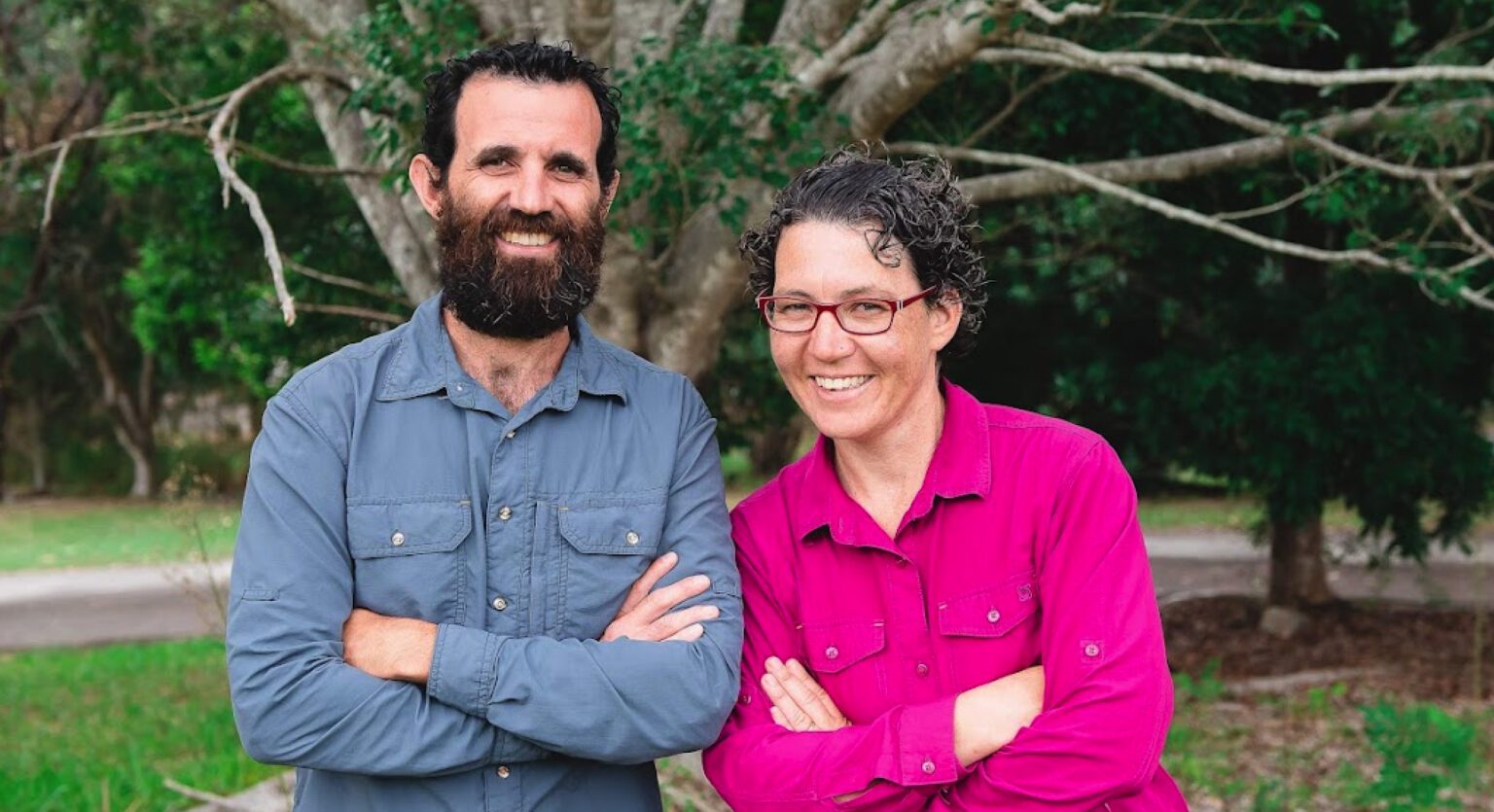When Jake Munday's neon sign business took off, expanding overseas was an obvious next step. The US is now his core market. These are his four tips for other small businesses looking to grow into overseas markets.
At a glance
- In 2018 Jake Munday and his wife Jess created an Instagram account to sell the neon signs they bought for their wedding.
- Their business Custom Neon has now turned over more than $60 million in sales and expanded into the UK and the US, which is now its core market.
- Jake says having a local presence on the ground is key to building trust in a new country.
- Even if your reach is global, it's still important to keep your marketing local through SEO, he says.
In Prospa’s ‘I wish someone had told me that’ series, we speak with seasoned small business owners to hear their advice on growing a business and what they wish they were told along the way. Click here to read the rest of the ‘I wish someone had told me that’ series.
When his son was four months old, Jake Munday wanted a neon sign for his bedroom.
He loved it so much that he persuaded his fiancee Jess to get more signs for their wedding a few months later.
“We ended up buying 10 and we thought after our wedding we’d sell or rent them out, have a little side hustle,” he says. “We used the content from our wedding, set up an Instagram account and it started to steamroll from there.”
They offered discounted rates for businesses such as restaurants, bars and beauty salons, and got a lot of interest. Weeks later, they had a website where people could choose the words, colour and font of their own designs.
That was 2018 and Custom Neon, based in Geelong, has now sold over $60 million in LED neon signs – with the manufacturer of their wedding signs still their main supplier. The company employs 39 people, seven in the US and three in the UK, with plans to enter more countries.
Here are Jake’s top four tips to other small business owners considering an overseas expansion.
1. Test the market
While US businesses were already starting to find Custom Neon organically, Jake wanted to check they could get consistent sales in the country before fully committing.
“We had a small advertising budget and it worked; more orders started to come in,” he says.
He advises other companies to do the same, even if it’s advertising at first on free platforms such as Facebook Marketplace.
“Do a couple of trial runs to make sure your product fits. If you can’t get it working, then I’d reach out to a marketing agency in that country to see what they think in terms of your product and messaging.”
Once Jake was confident of demand in the US, he was determined to establish a local presence.
“While we could ship worldwide, we didn’t just want to be an online business. To successfully scale, we knew we needed to be trusted.”
2. Hire local expertise
Jake says establishing local offices in the US and the UK made a real difference.
“My US and UK clients want to talk to sales and customer service agents in their country about the design they want or any questions they may have,” he explains. “Local staff are also more in tune with your market, what they’re looking for and where opportunities lie.”
Taking time to find staff who are the right fit and an office in the right location is key, he says. Custom Neon’s US office is in Los Angeles, which in hindsight wasn’t the smartest decision, Jake admits.
“It may be the best place for us to fly to and it’s got a lovely coast, but is it actually the best place? No, it’s not. The rental prices can leave a dent in your bottom line. Do your research before setting up shop.”
An Australian accountant with a good knowledge of the tax system or contacts in your target country can be a real help, he adds.
Once you’re up and running, time zones can make communication tricky, but it’s important to stay well connected with your overseas team.
“We make sure we’re available early and we have a meeting twice a week with everyone in the business. And over the last year our operations manager has travelled to the US six times and the UK twice.”
3. Harness analytics and SEO
Custom Neon captures data on what people are searching for worldwide then tailors its website and keywords accordingly.
“We’ve gone quite granular through our history,” says Jake. “If we see people searching for ‘restaurant neon signs’ in Houston, for example, we will showcase our Houston customers on our website with photos of their neon signs in action.
In addition, the company relies on collaborations with other brands and businesses that link back to its website.
“We have been able to secure some high-calibre features through influencers and mutually beneficial collaborations, and by sharing our user-generated content,” he says.
“Google picks up our specific and local content, and the sheer number of backlinks pointing to us, and sees us as a big player. We outrank many of our competitors, thanks to SEO.”
4. Don’t be afraid to jump
A whopping 76% of Custom Neon’s sales now come from the US, which Jake says is a dream come true.
“Without having expanded overseas, this business would be a very finely-tuned Australian business but it would also be very limited.”
He says he would encourage other Australian businesses interested in expanding overseas to start testing the market.
Custom Neon is currently eyeing new markets in Europe, Canada and Japan, which Jake knows will bring fresh challenges.
“It will be challenging to redo the website in a new language and learn the best way to market in those countries,” he says. “It might not be Google or Facebook but other platforms.
“Then we’ll have to assess our competition and price point. We’ll have to look at these markets as if it’s a brand new business venture.”
Jake likes the idea of partnering with another foreign company that has already expanded into Japan.
“Someone else’s knowledge can allow you to fast forward through two years of pain.”
Ask a Prospa specialist about how a Prospa Business Line of Credit can help support your business in times of uncertainty and make the most of growth opportunities.








